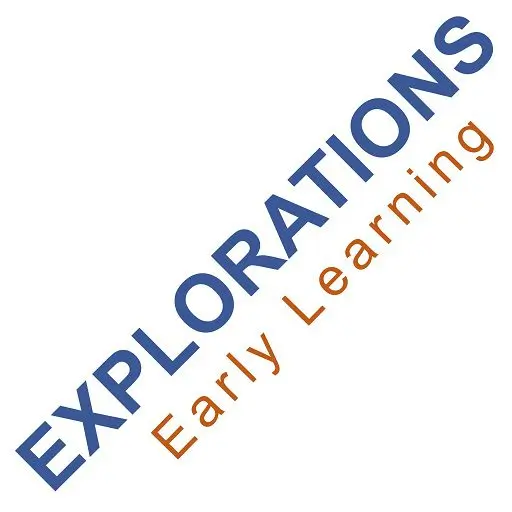
Description
This training explores the impact of interruptions on children’s play and exploration and the importance of providing uninterrupted playtime. Participants will learn why adults interrupt play, why interruptions are harmful, and strategies to minimize interruptions and foster an environment that supports children’s self-directed play and exploration.
Outcomes / Goals
Attendees will:
- Leave with tips for creating environments that minimize play interruptions
- Understand the reasons adults interrupt children’s play
- Learn about the harmful effects of interrupting children’s play
Competency Area
- Alabama | Learning Experiences And Enrichment / Child Development
- Illinois | Curriculum Or Program Design
- Michigan | Teaching And Learning
- Missouri | Use A Broad Repertoire Of Teaching Skills And Strategies For Learning
- Nebraska | Planning Learning Experiences And Curriculum
- Oklahoma | Learning Environments And Curriculum
- South Dakota | Learning Environments
- Wisconsin | Learning Experiences, Strategies, And Curriculum
- CDA | Advancing Children’s Physical And Intellectual Development
Clock Hours
Available in 60 and 90-minute formats
Agenda
This is the breakdown for the 60-minute version of the session:
| Topic | Time | Activity |
|---|---|---|
| Introduction | 05 minutes | Monologue |
| Why Adults Interrupt | 15 minutes | Discussion |
| Harmful Effects Of Interruptions | 15 minutes | Discussion |
| Minimizing Interruptions | 20 minutes | Discussion |
| Conclusion | 05 minutes | Monologue |
Related Resources
This session is based in part on content from my books:
- Do-It-Yourself Early Learning
- Everyday Early Learning
- Let Them Play
Content Level
Beginner / Beginner / Intermediate
Age Group Focus
- Toddlers (12 months to 36 months)
- Preschool (36 months to 5 years)
- School Age (5 years to 12 years)
- Adults
Target Audience
- Family Child Care Providers
- Child Care Center Teachers
- Child Care Center Directors
- Head Start Teachers
- Head Start Administrators
- Early Head Start Teachers
- Service Coordination Staff
- Technical Assistance Specialists
- Home Visitors
- Parents
